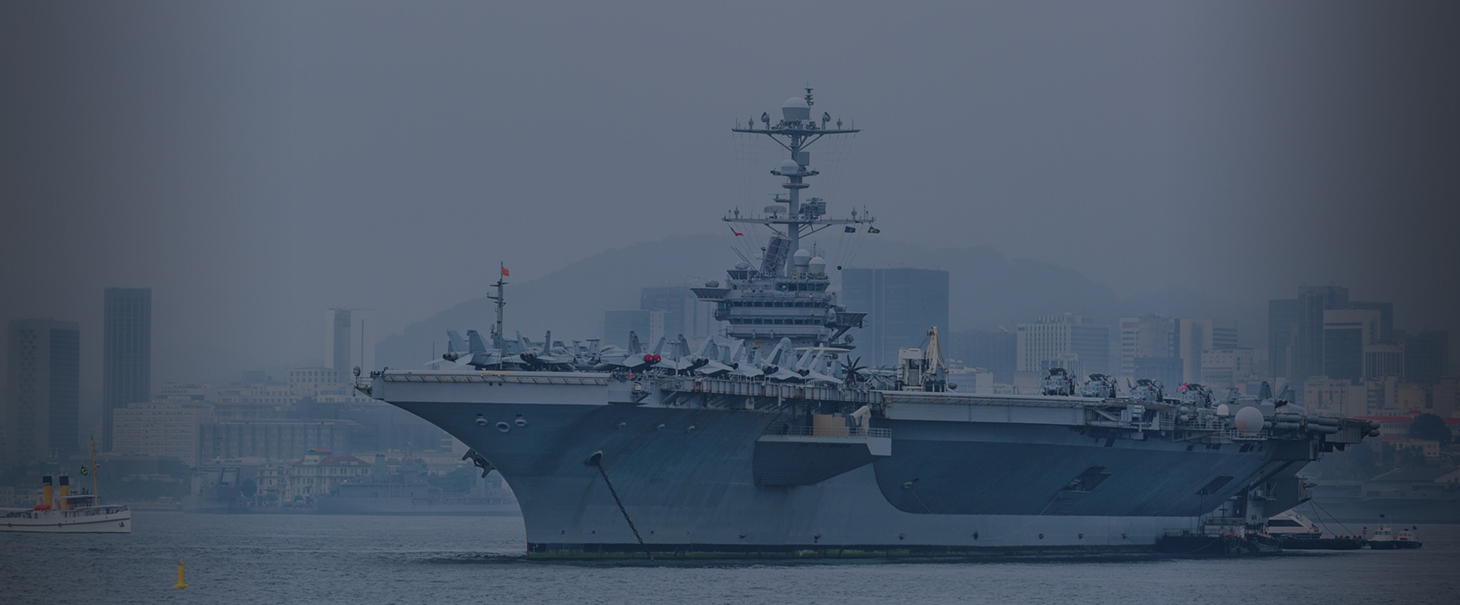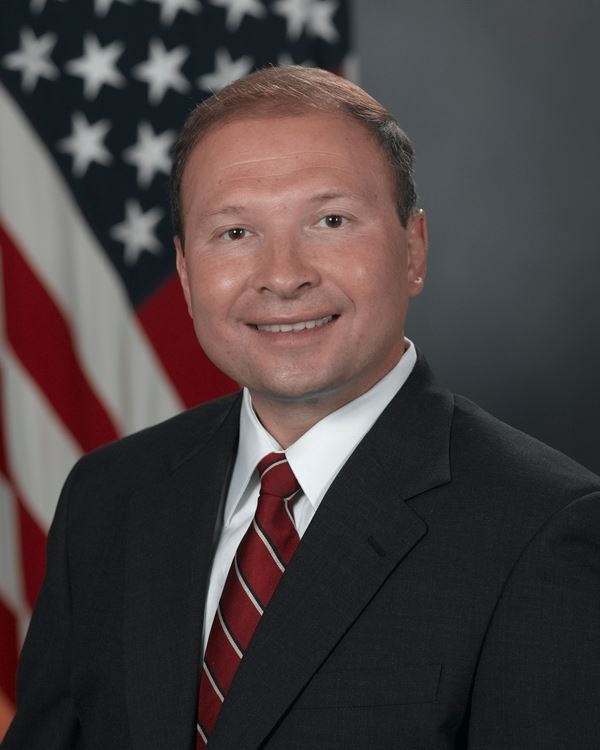The dramatic rescue of an American aid worker and her Danish colleague in Somalia by Navy commandos was a terrific encore to the killing of Osama bin Laden in Pakistan nine months ago. However, all the White House-driven publicity for both events has helped turn the once-secret SEAL Team 6 into a household term, with likely negative consequences. Although SEAL Team 6 and its official successor, the Naval Special Warfare Development Group, have been around since the 1980s, their missions always were kept secret to shield their members’ identities and protect operational security. Every president since the team’s founding has deployed this “elite of the elites” unit, created as one remedy to fix the hollowed-out military under President Carter – specifically to prevent more incidents like the botched hostage rescue attempt of hostages from the U.S. Embassy in Iran. Its ranks are made of highly specialized and seasoned professionals, traditionally handpicked from existing SEAL teams. President Reagan sent them into Grenada in 1983. President George H.W. Bush ordered them into Panama in 1989. President Clinton deployed them to Bosnia in the mid-1990s. President George W. Bush relied on them extensively in both Iraq and Afghanistan. And they’ve been sent on countless other operations we’ll never know about. Yet those presidents didn’t talk about them. So what’s changed? Officially, nothing. The military still avoids discussion of the unit and its highly classified missions. On Wednesday, the Pentagon merely referred to “U.S. special operations forces” in its just-the-facts statement from Secretary of Defense Leon E. Panetta on the rescue. The one and only reason why there has been so much recent publicity on SEAL Team 6 rests with the commander in chief. Casting aside decades of careful leadership to keep these stealth warriors out of the public eye, away from would-be revenge-seekers and assorted far-left protesters, Mr. Obama has discussed their exploits to such an extent that their mystique is largely diminished – and their identities closer to being disclosed. From the snipers whose dead-on aim from the pitching deck of the Navy destroyer USS Bainbridge took out three Somali pirates holding Merchant Marine Capt. Richard Phillips in 2009 to the commandos swooping across Pakistan to end the life of al Qaeda’s kingpin to those parachuting in darkness to kill nine Somali kidnappers holding the aid workers, Mr. Obama has been quick to present their success as his success. So what’s the problem with a little recognition? Some might say they earned public praise directly from the commander in chief. My experiences throughout a 20-year military career lead me to disagree. As a retired Navy commander and spokesman with a background in amphibious warfare, I’ve spent years speaking for SEALs on deployment. The last thing they ever wanted was publicity. In fact, they always shied away from it. Their reward was the pride in accepting and achieving the toughest challenges the military had to offer – and that the nation relied on them. The first problem with Mr. Obama singling out our elite units is that they all live and train somewhere. High-profile discussions draw more attention to them personally, their families, their bases and their local communities. That presents force-protection concerns in our open society, where the Sept. 11 hijackers lived freely and the “Occupy” protesters have run amok. The second problem is that heaping such praise on a select few in uniform can be deceiving. Instead of Americans focusing on how Mr. Obama is weakening the military with a projected $1 trillion in defense cuts over the next decade, the elimination of 100,000 ground troops, cuts in personnel incentives such as tuition assistance for college, and raised retiree health care costs, many might mistakenly conclude that he actually is a strong, pro-military leader. Thus, voters might be tempted to give him a second term, while in reality, he is slashing defense budgets, as Mr. Carter did. Praising the members of SEAL Team 6 as the key players behind our boldest military successes sounds nice of the president, but in reality, it is counterproductive. Their dangerous tasks will continue – whether taking out top terrorist leaders or rescuing wayward aid workers, surf-magazine writers and other thrill seekers who come into harm’s way around the globe. Let’s hope Mr. Obama starts taking cues on his public reactions from President Reagan and both Presidents Bush. Even Mr. Clinton would be just fine. Read the original article at WashingtonTimes.com.


 J.D. Gordon
J.D. Gordon